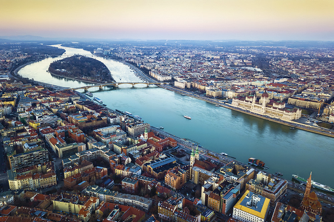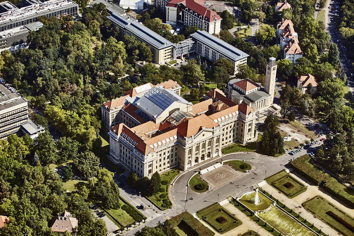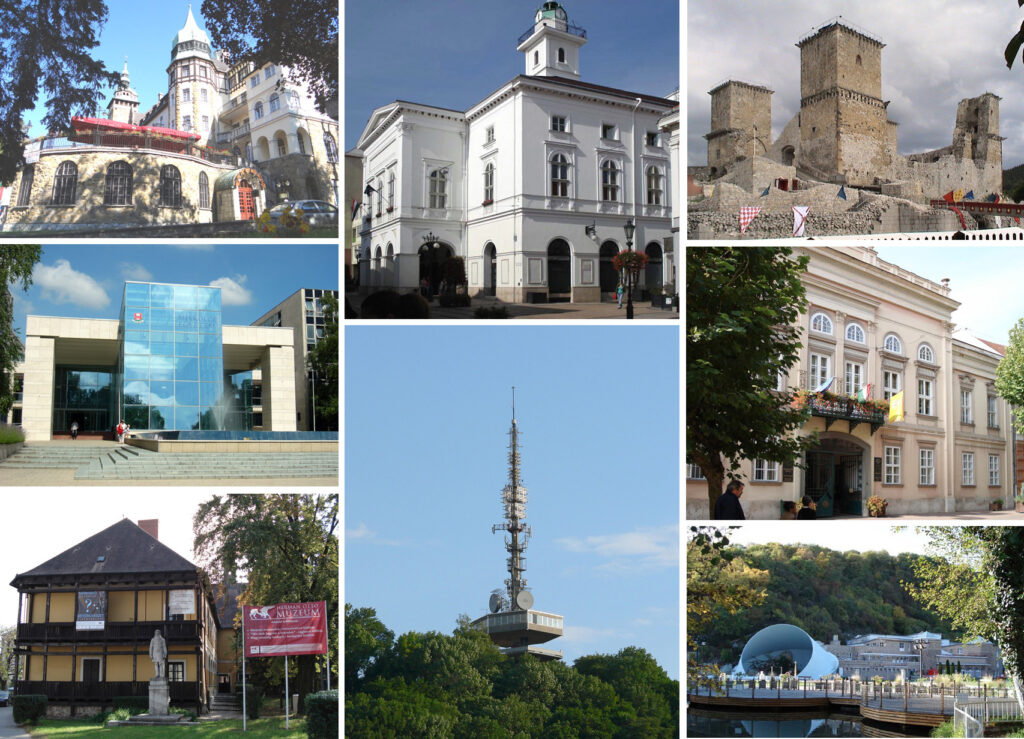

Hungary, a landlocked country in Central Europe, is bordered by Slovakia to the North, Romania to the East, Serbia to the South, Croatia to the Southwest, Slovenia to the West, Austria to the Northwest and Ukraine to the Northeast. It has a continental climate, with hot summers, low humidity levels, frequent rain-showers and mildly cold snowy winters. Administratively, Hungary is divided into 19 counties with the capital city of Budapest being independent of any county government.
The population of Hungary is 10 Million. Hungary is among the top tourist destinations in Europe with Budapest regarded as one of the most beautiful cities worldwide. It is home to numerous World Heritage Sites, UNESCO Biosphere Reserves, the second largest thermal lake in the world (Lake Hévíz), the largest lake in Central Europe (Lake Balaton nicknamed “the Hungarian Sea”), ten national parks, and the largest natural grassland in Europe (Hortobágy).
The economy of Hungary is medium-sized, high-income, structurally, politically, and institutionally open economy, and is part of the European Union. Hungarian Forint is the official currency of Hungary. The official predominant spoken language in Hungary is Hungarian. The first subway line of continental Europe was built in Budapest. The Hungarian Parliament is the 3rd largest parliament building in the world, with 691 rooms and 20 kilometers of stairs.
Some of the famous cities in Hungary are Budapest, Debrecen, Miskolc, Szeged, Pecs, Gyor, Nyiregyhaza, Kecskemet, Sopron, Baja, and Eger.
Budapest, the capital city of Hungary is the principal political, cultural, commercial, industrial, and transportation center. Budapest is made up of 2 parts – Buda and Pest – which are separated by the Danube river. With two million inhabitants, it is the biggest and most densely-populated town and over half of the nation’s GDP is generated here. Half of Hungary’s university students study in Budapest and it has a wide range of universities across all subjects.


Debrecen, the second-largest city in Hungary, is home to the University of Debrecen whose main building is a widely-praised piece of architecture. The university has many departments, it is a major research center in Europe and maintains a leading position in medical and information technology education.
Miskolc is a city in northeastern Hungary, known for its heavy industry. With a population of 161,265 as of 1 January 2014, Miskolc is the fourth largest city in Hungary. It is also the county capital of Borsod-Abaúj-Zemplén and the regional centre of Northern Hungary.
